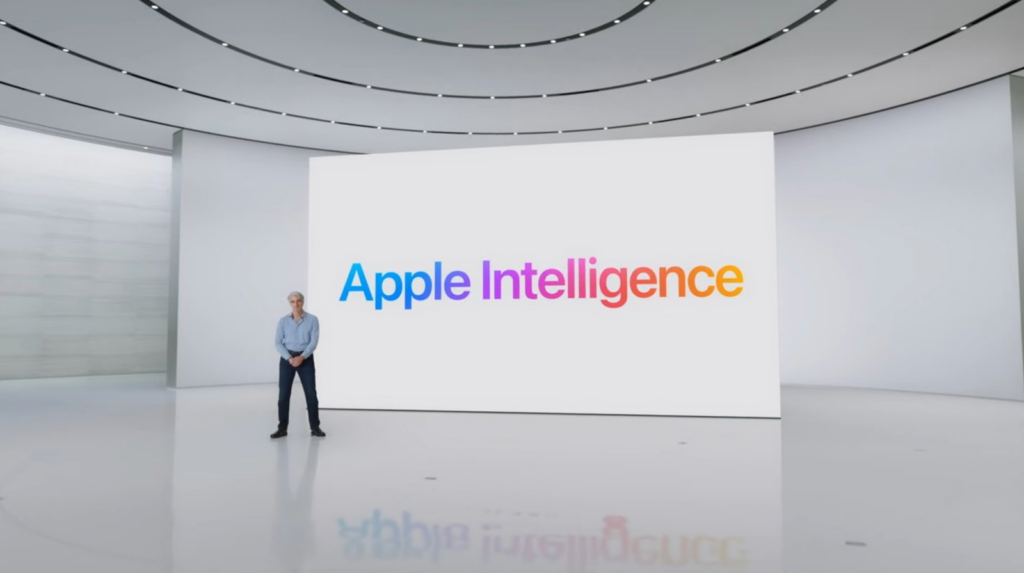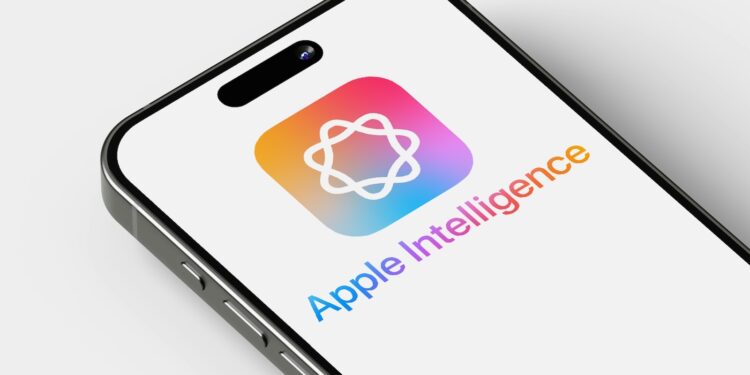In recent years, Apple has often announced what's coming next in terms of technology early – sometimes too early. Features like the new Siri or enhanced CarPlay arrived later than promised or aren't available at all. This has led to criticism and disappointed expectations. Now Apple is apparently taking action. In the future, new features will only be presented when they're almost ready. This will change how you're informed about new Apple products – and when.
In a detailed report on the development of Apple's AI systems, Gurman and Bennett report on a significant change in the company's communications strategy. Apple plans to be more reserved in announcing new features and no longer reveal them many months in advance. The reason is obvious: In the past, timelines were announced that were later missed, which has brought criticism to the company.
Why Apple is becoming more cautious
In recent years, there have been several examples of Apple announcing new features that weren't implemented as planned. A prominent example is the redesigned version of Siri. It was supposed to be based on "Apple Intelligence," an AI-powered system tailored to your individual needs. The new Siri was unveiled at WWDC 2024 with the promise that it would be available within the next year. It's now clear that this promise will not be kept. The launch is delayed.

Another example concerns CarPlay. Apple announced the next generation of the system at WWDC 2022. It was originally supposed to be released in 2024. But here, too, the implementation was delayed. Just last week, Apple officially announced CarPlay Ultra – a software system for vehicles that is now launching in the US and Canada. More specifically, in luxury models from Aston Martin. It took over two years for the original announcement to become a concrete product. Such delays have apparently shown the company that premature announcements are not well received – neither by users nor in the public perception.
What changes specifically for you
For you as a user, this means that you will find out later about which new features are planned. Apple wants to only release information when their launch is actually foreseeable. This applies to software features like Siri or CarPlay as well as other products or services that involve a longer development process. Instead of long-term roadmaps, Apple will in future rely on short-term but realistic announcements. This can avoid the disappointment if features don't arrive on time – you will then only hear about what is actually finished or about to launch. At the same time, there is less opportunity for external developers to adapt to new platforms or features early on. The dynamic is also changing for tech journalists and Apple fans: less anticipation, but also less frustration.
Apple is repositioning itself – and you have to rethink
Apple no longer wants to make unrealistic promises. This is the company's response to problems of recent years, particularly in the areas of artificial intelligence and connected vehicle technology. The new communication strategy is intended to build trust, even if it means that you'll only find out what's coming later in the future. For you, this means less speculation, more clarity – but only shortly before the launch. So, when Apple shows off new features at the next WWDC or in other keynotes, you can assume they'll actually be released soon. This ensures fewer surprises – but perhaps also fewer disappointments. (Image: Shutterstock / NRSPro)
- Report: Apple allows alternatives to Siri on EU devices
- AirPods Pro 3: Will they be launched in 2025 or 2026?
- AirPods Max: When will Apple's new generation arrive?
- iPhone 17 Air leaks: New info on battery, weight and more





